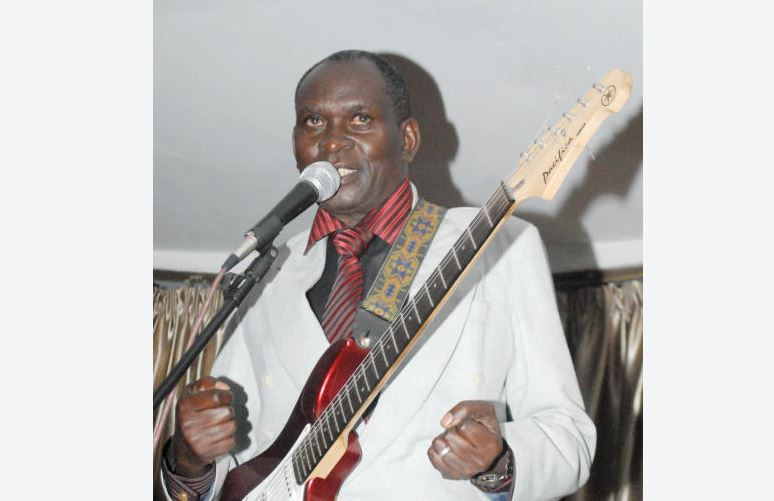×
The Standard e-Paper
Fearless, Trusted News

Benga maestro Osito Kalle. (Courtesy)
For more than a decade, Ohangla music has been churning out new artistes, songs and audiences after being popularised around 1992 by two brothers - Jack and Tony Nyadundo.